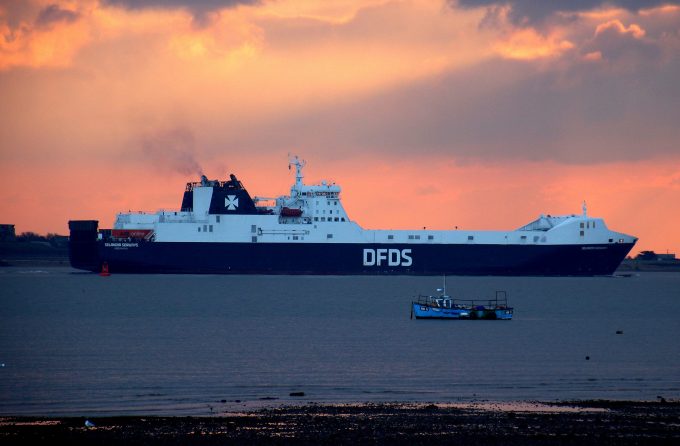'Crisis-resistant' Gebrüder Weiss enjoys revenue growth despite market challenges
Austrian logistics and haulage operator Gebrüder Weiss recorded a 10% growth in revenues in 2024 ...

Following stronger-than-expected freight revenues in the first quarter, Danish ferry operator DFDS now expects full-year ebitda of Dkr3.2bn-Dkr3.6bn ($520m-$584m) based on a revenue growth of 20-25% over 2020.
Q1 showed a drop of just 1% in revenue, to Dkr3.8bn, despite the near-complete collapse of its passenger business due to coronavirus-related travel restrictions.
Passenger revenue was down 72% year on year, but freight turnover, which includes the group’s logistics services, was up 5% to Dkr3.7bn.
Chief executive Torben Carlsen said that, while freight volumes ...
Semiconductors could compensate for air freight's lost ecommerce traffic
'Weakened' Maersk paying a heavy price for its lack of fleet growth
US shippers slam USTR port fee plan – 'an apocalypse for trade'
Forwarders predict fall in airfreight rates as ecommerce eyes sea freight
'More pronounced' demand slump drives container spot freight rate declines
US port call fees would force ACL to exit transatlantic trade, says CEO
Cargo chief quits WestJet as freighter operations cease
Truckers face a serious threat as large shippers develop networks

Comment on this article